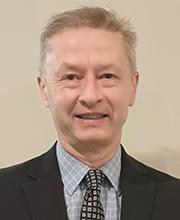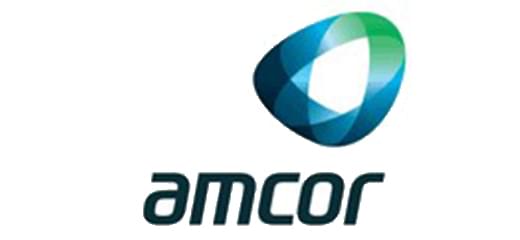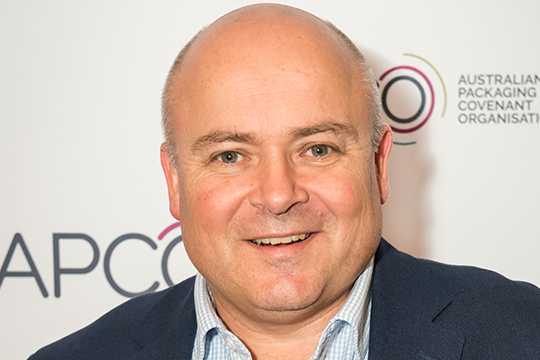- Global market overview of advanced recycling
- Updates in APAC Regions
- Technical trend and innovations
Cassie Zhao | Senior Consulting Analyst, Information Division, Smithers


Cassie is mainly responsible for consulting projects in the Asian market, covering tires, materials, packaging and other industries. She joined Smithers for more than two years . Prior to that, she had three years of consulting experience. As a team member based in Suzhou China, Cassie supports consulting team to provide solutions for solving issues and improving efficiency to clients. Recently Cassie presented Smithers outlook on OTR tire market at China Rubber Conference in Qingdao, China. The white paper Sustainability in Tire - 6 Ways The Tire Industry Is Addressing Sustainability she is responsible for, will be published during our conference.

.png?ext=.png)
Suhas Dixit is an entrepreneur and seasoned professional with over 15 years of experience in the field of advanced recycling and biofuels. As a chemist and inventor with 12 patents in pyrolysis and pyrolysis oil purification, Suhas is committed to developing technologies that transform plastic and biomass waste into high-quality liquids. As the founder and CEO of APChemi, Suhas has led the company in delivering 47 successful projects in plastic pyrolysis and oil purification. His innovative solutions have gained global recognition as a driving force in plastic circularity and decarbonisation. He is a sought-after keynote speaker at international forums on Plastic/Biomass Pyrolysis, Chemicals/ Advanced Recycling, Plastic Waste Management and Sustainability. With a strong commitment to driving positive change, Suhas is dedicated to delivering innovative and sustainable solutions that address critical global challenges, such as plastic and biomass waste management, circular economy, and decarbonization. His extensive knowledge and experience in developing and implementing cutting-edge technologies have led to numerous successful projects and patents in the field of advanced recycling and biofuels.


Tan Jia Hui is a Public Affairs Manager at Neste, based in the Suntec commercial office in Singapore. She oversees public policy and advocacy efforts, the company's engagement with public sector organisations and other key stakeholders in the region for the Renewable Polymers and Chemical business unit.
Before joining Neste, Jia Hui worked at ICIS (Independent Chemical & Energy Market Intelligence) where she analysed and interpreted market trends around plastics recycling and circularity in Asia Pacific. She closely monitored regulatory movements and downstream developments, providing market insights into an otherwise opaque region. She also has spoken at several international conferences on the topic, in both English and Mandarin.


Angelin Yang is the Leader of Circular Economy Business, APAC (Ex-Greater China) at SABIC where she brings over 15 years of commercial experience in the petrochemical industry. Having worked with several multinational companies, Angelin has managed portfolios ranging from fossil-based polymers to recycled and bio-based polymers. She is dedicated to exploring and implementing advanced recycling technologies and strategies to reduce environmental impact while promoting economic viability. Angelin’s work involves close collaboration with local businesses and stakeholders to adapt and thrive in the evolving landscape of resource recycling. Her leadership is characterized by a deep understanding of both the challenges and potentials that define the current environmental agenda in the petrochemical sector.


Richard Smith is the Sustainability Director for Amcor Flexibles Asia Pacific.
Richard is a Chemical Engineer and has worked in the packaging industry for over 30 years focused heavily on innovation and enabling brand owners to become more circular through responsible packaging solutions.
In 2013 Richard was made a Fellow of the Australian Institute of Packaging for significant contribution to the development of innovative plastics packaging.
More recently in 2020, Richard was appointed as a non-executive Director of the Australian Packaging Covenant Organisation (APCO).


Chris specialises in creating value and positive impact for large, complex businesses and organisations by improving the sustainability of their operations, products, packaging, and supply chain.
His experience includes driving system changes to deliver sustainability, product stewardship and corporate reputation outcomes in Australia, New Zealand, Asia, and the US.
Prior to joining APCO in August 2022, Chris led strategic and transformational change in environmental sustainability across leading retailers Kmart and Target where his remit included climate change, product stewardship, circular economy, packaging, plastic, and waste. He has also spent time in the packaging and utilities industries and government.
As APCO’s CEO, Chris leads the development and execution of strategies that bring business, governments, and industry together to design, use, recover, reuse and recycle packaging to improve waste, climate, water, material, chemical and social impacts.